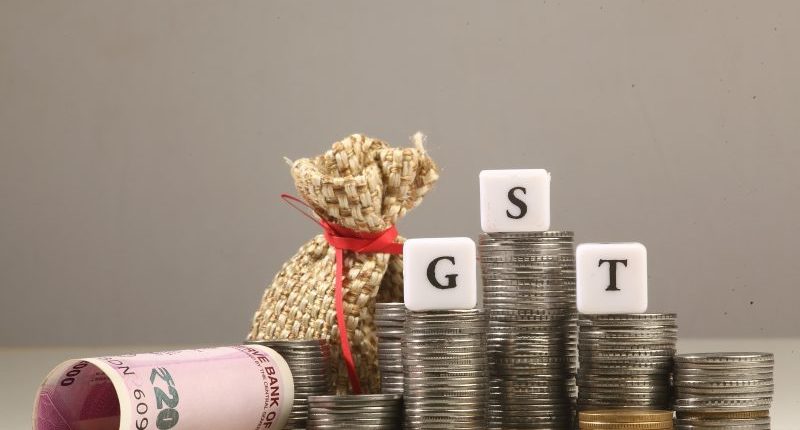The food processors have asked the government to reduce the Goods and Service Tax (GST) on packaged snacks such as potato chips and pickles ahead of the GST Council meeting. The food industry body requested through the All India Food Processors’ Association (AIFPA), representing large firms such as Marico, Haldiram’s, PepsiCo, Britannia, ITC, etc.
The association has sought lower tax rates for commonly used food products such as packaged or branded pickles, chutneys, sauces and fruit drinks, along with branded snacks such as namkeen, bhujia, and potato chips. The food processors want to push the packaged or branded food items to the 5% slab from the current 12% slab.
The AIFPA submitted the letter to the Finance Ministry amid reports that the government is considering merging the GST rates of 12% and 18% into a single slab. The companies fear that creating a new tax bracket could increase their tax burden and invariably their cost to consumers.
At present, India has four primary GST rates of 5%, 12%, 18% and 28%, apart from a cess on demerit and luxury such as tobacco, aerated drinks and automobiles.
The AIFPA mentioned in the letter that the branded or packaged snacks, bhujias, namkeens and potato chips are in the 12% GST slab, ready-to-cook products such as instant noodles. But, it said, these are eaten by all segments of society and are not premium products. Also, it pointed out that these are served at community festivals, roadside stalls, and pilgrimage places to the common citizens.
The AIFPA stated in the letter that the unbranded snack foods are charged 5% GST, which creates an anomaly in the sale of processed foods in the country. This tax rate anomaly has created huge complexities and encouraged the production of unsafe and unhealthy unpackaged food in the market.
Contrarily, COVID-19 has shown us a road map to encourage the use of safe packaged food and not unpackaged food. The government will lose revenue when there is a shift in consumption from branded to unbranded foods and proves counter-productive.
India’s fast-moving consumer goods industry is built around high spends on foods. According to research, the foods contribute 57% to FMCG sales in terms of value. These include staples such as pulses and rice, but also namkeen, cookies, chips and beverages.
For any clarifications/feedback on the topic, please contact the writer at dvsr.anjaneyulu@cleartax.in
DVSR Anjaneyulu known as AJ, is a Chartered Accountant by profession. Loves to listening to music & spending time with family and friends.





